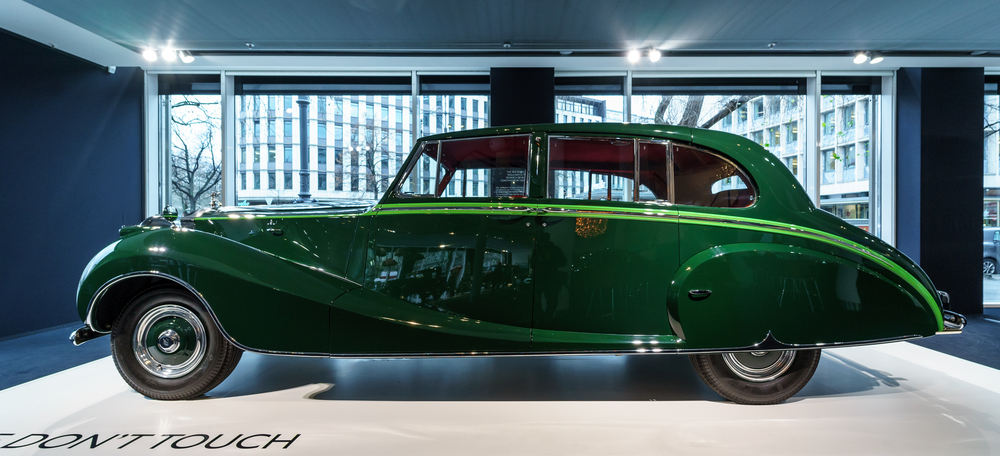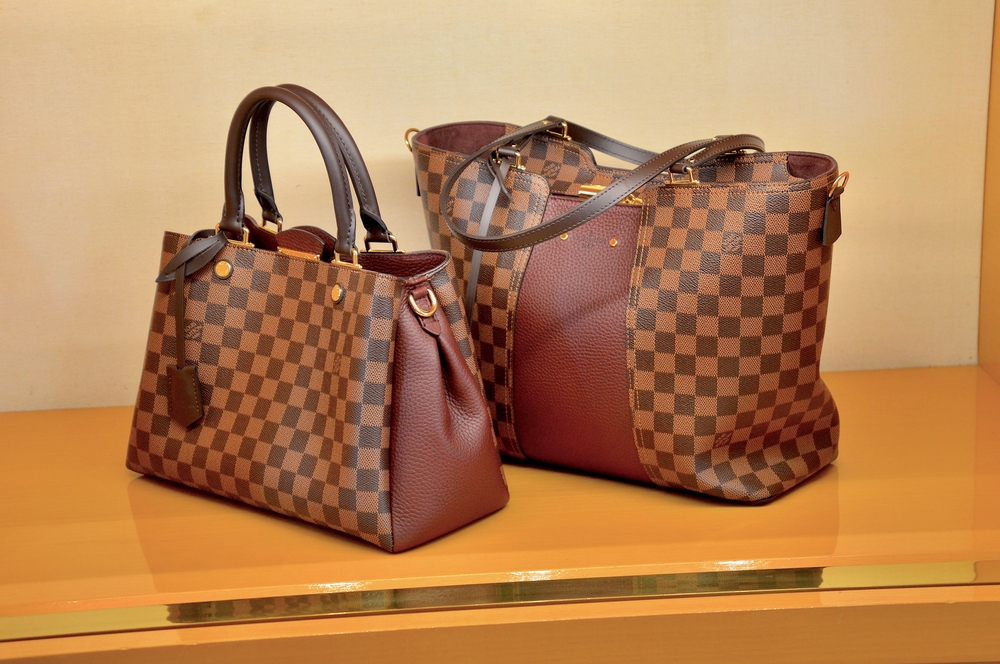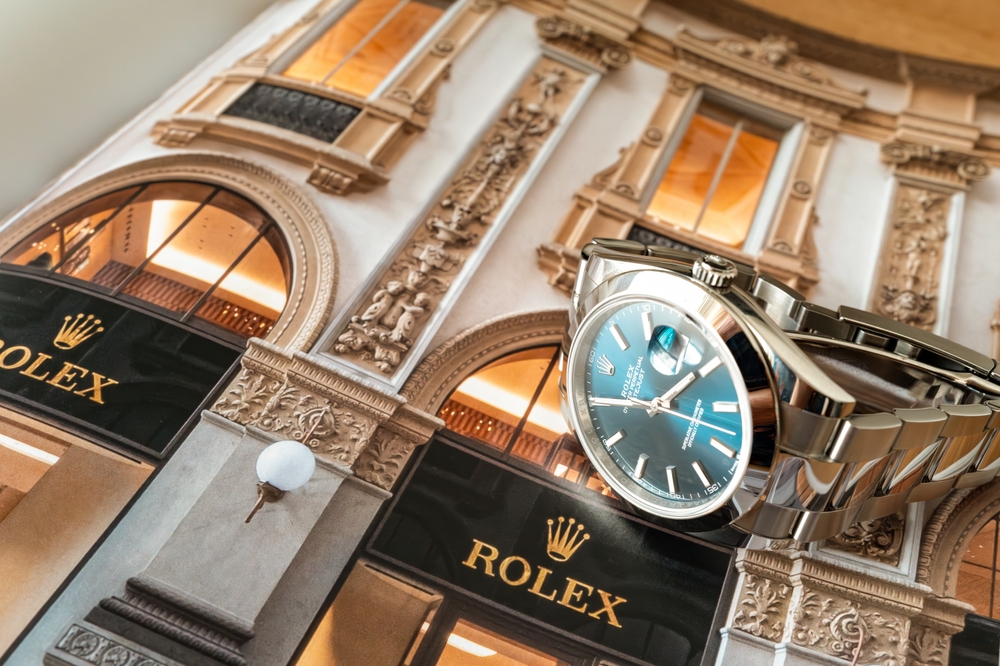In the glittering world of wealth and opulence, it’s easy to imagine that money can buy anything. But that’s where our assumptions often take a detour. While it’s true that the affluent have the means to indulge in the finest things life has to offer, their purchasing habits are often surprisingly discerning and strategic. It’s not always about swathing oneself in luxury or surrounding oneself with excess. Instead, many wealthy individuals choose to sidestep certain expenditures that might seem appealing at first glance. Let’s delve into ten intriguing things you might think rich people buy but they totally avoid.
1. Over-the-Top Luxury Cars
When picturing the quintessential millionaire, a fleet of high-end cars might come to mind. However, many affluent individuals shy away from over-the-top automotive displays. While they may invest in a reliable and luxurious vehicle, the garish sports car often serves little more than as a fleeting status symbol. Interestingly, according to Kunes Auto Group, many wealthy individuals prefer modest cars like Toyotas, Fords, and Hondas, valuing dependability over ostentation.
While they might have a penchant for the occasional vintage car as a collector’s item, these are rarely found in their everyday garages. Instead, they might lean towards hybrid or electric vehicles that signal eco-consciousness over extravagance. After all, subtlety can be the ultimate luxury.
2. Flashy Designer Logos
It’s easy to assume that wealthy individuals are draped head-to-toe in the latest designer logos. Surprisingly, many steer clear of overt branding. The ultra-rich often opt for bespoke clothing or pieces from designers that emphasize craftsmanship over conspicuous logos. According to Designhill, understated elegance and minimalistic elements in luxury logos reflect exclusivity and class, aligning with the preferences of affluent consumers.
This choice reflects a preference for quality over quantity and a desire for items that have a story rather than a loud label. It’s not about flaunting wealth but about appreciating the artistry behind fashion. In essence, true luxury often whispers rather than shouts.
3. Gadgets and Tech Overload
One might think that the wealthy would have every gadget under the sun, but that’s far from the truth. Rich individuals often avoid accumulating unnecessary tech. Instead of keeping up with the latest gadgets, many focus on technology that enhances their lifestyle and business efficiency. According to YouGov, affluent Americans prioritize smart home technology like thermostats and video surveillance over excessive gadget accumulation.
This doesn’t mean they shy away from innovation; rather, they prioritize what brings true value. Their homes may feature state-of-the-art technology, but it’s usually integrated seamlessly without overwhelming the senses. Minimalism, after all, often speaks volumes.
4. Impulsive Art Purchases
While art collections can be synonymous with wealth, the rich are typically discerning in their acquisitions. They avoid impulsive buys, choosing instead to invest in pieces that resonate personally or have historical significance. Rushing into art purchases often leads to buyer’s remorse, something the wealthy are keen to avoid.
Fine art is seen as an investment, and decisions are made after careful consideration and consultation with experts. According to The Art Newspaper, younger generations of wealthy collectors are increasingly drawn to art for its aesthetic and investment value, reflecting a more thoughtful approach to building collections.
5. Expensive Trendy Fashion
Trends come and go, but the wealthy often opt for timeless fashion over fleeting styles. While they may occasionally indulge in a trendy piece, it’s never the mainstay of their wardrobe. Investing in classic pieces ensures longevity and versatility, a mantra many rich individuals live by.
This doesn’t mean they eschew fashion; on the contrary, they appreciate it deeply. However, their focus is on quality fabrics and impeccable tailoring. Fashion, for them, is not about chasing the latest trend, but about establishing a signature style.
6. Lavish Accessories
While it might seem that rich folks are bedecked in extravagant jewels and watches, the reality is often more restrained. The truly wealthy value understated elegance and might own a few select pieces of high-quality jewelry, worn sparingly. This choice often reflects an appreciation for subtlety and sophistication over ostentation.
Their accessories are chosen with care, often for sentimental reasons or as rare investment pieces. Like a well-tailored suit, a classic timepiece or a simple strand of pearls can speak volumes. The essence of luxury, after all, lies in refinement.
7. Expensive Wines By The Case
Though an impressive wine cellar might seem de rigueur for the affluent, buying expensive wines by the case is not always their style. Instead, many prefer to curate a collection that reflects their personal tastes and the regions they love. Quality trumps quantity when it comes to their wine selections.
They often engage with sommeliers or wine consultants to guide their purchasing decisions. This ensures that each bottle is enjoyed to its fullest potential and pairs well with their culinary experiences. In other words, wine is about the journey, not just the destination.
8. Gaudy Home Décor
Contrary to the belief that wealthy homes are filled with gaudy décor, many affluent individuals prefer a minimalist aesthetic. They understand that elegance often lies in simplicity. Rich individuals tend to invest in high-quality materials and timeless designs, ensuring their spaces feel curated and personal.
It’s about creating a sanctuary rather than a showroom. Their homes are reflections of their personalities, with each piece chosen for its meaning and beauty. True luxury is in the details, not the dazzle.
9. Expensive Dining Every Night
It’s easy to assume the rich are always dining at high-end restaurants. However, many prefer home-cooked meals that prioritize nutrition and wellness. They often employ personal chefs who are attuned to their dietary needs and preferences, ensuring every meal is a bespoke experience.
Dining out becomes a special occasion rather than a daily affair. This choice highlights a focus on health and well-being, valuing quality over extravagance. In the end, food is about nourishment, not just indulgence.
10. Lavish Social Events
While the wealthy do enjoy hosting events, these gatherings are often more intimate than extravagant. They focus on meaningful interactions and genuine connections, rather than putting on a show. Lavish social events can feel impersonal and overwhelming, something the rich often avoid.
Instead, they might host smaller gatherings with close friends and family, creating memorable experiences. The aim is to foster relationships, not impress strangers. In essence, true wealth is often measured by the richness of one’s relationships rather than the grandeur of one’s events.
This article is for informational purposes only and should not be construed as financial advice. Consult a financial professional before making investment or other financial decisions. The author and publisher make no warranties of any kind.


















